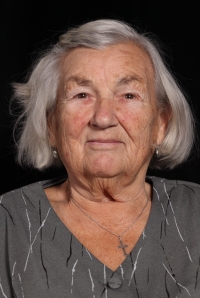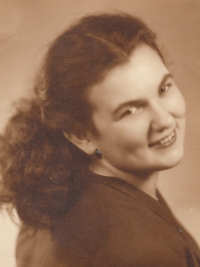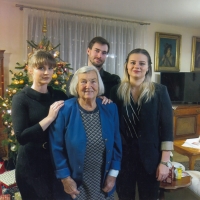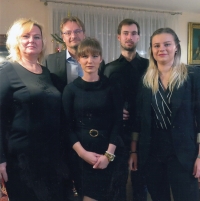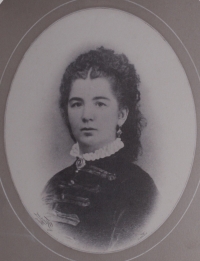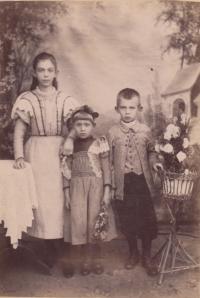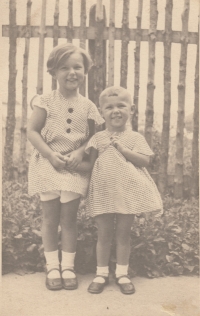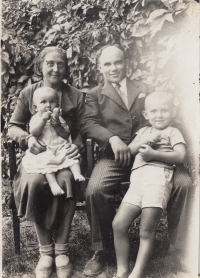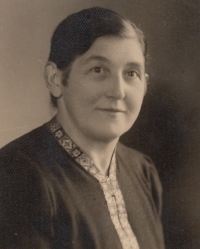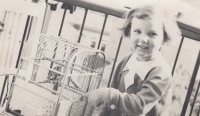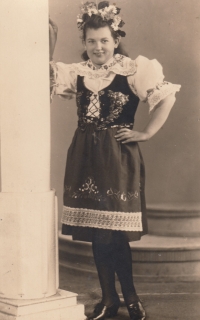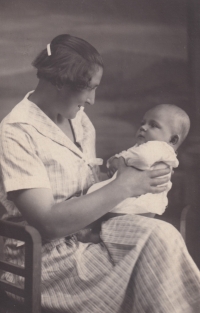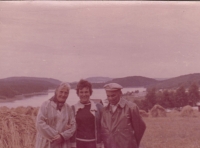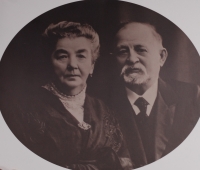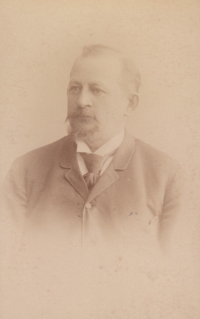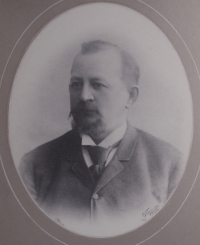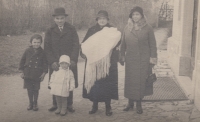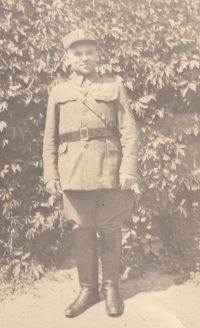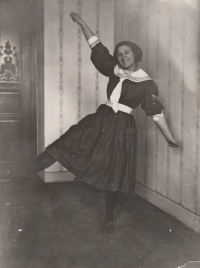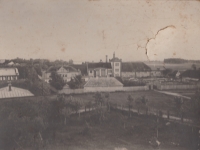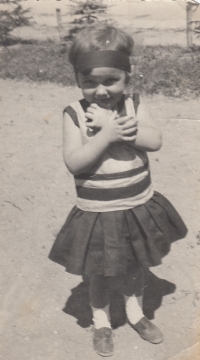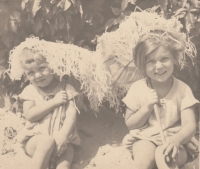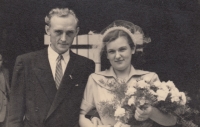In Russia they were impoverished by the Bolsheviks, in Czechoslovakia after 30 years by the Communists

Download image
Erna Podhorska was born on May 3, 1930 in Přelouč as the second child of the Dejmals, who had a textile shop in this small East Bohemian town. They did so well that they built a tenement house in Prague’s Strašnice district. They lost their thriving business after the communist takeover in 1948, as well as their Prague house, but they had to continue to pay the mortgage on it. They welcomed the end of the war, but feared the coming Soviet army, as Erna’s mother had fled Russia with her parents after the Bolshevik Revolution and arrived in Czechoslovakia in 1920 with the Legionnaires. After the war, Erna studied at the business academy and medical school and worked as a nurse in the children’s ward of the Pardubice hospital. In 1951 she married Vladimír Podhorský, whose family was severely persecuted during World War II. In 1966, her daughter Vladimíra was born and immediately after her maternity leave Erna Podhorská joined the infant care centre in Vesec, where she worked until 1991. She was widowed at the age of 43 and never remarried. In 2023 she lived with her daughter in Pardubice Rosice.
